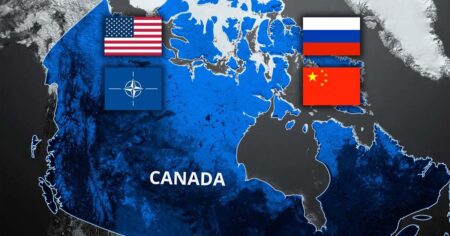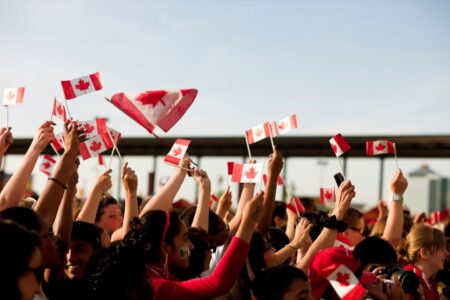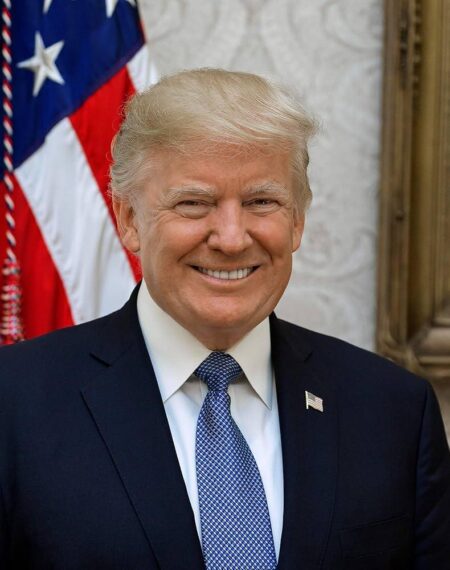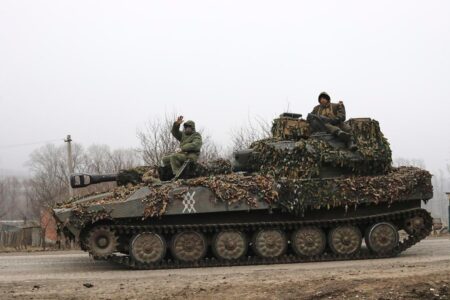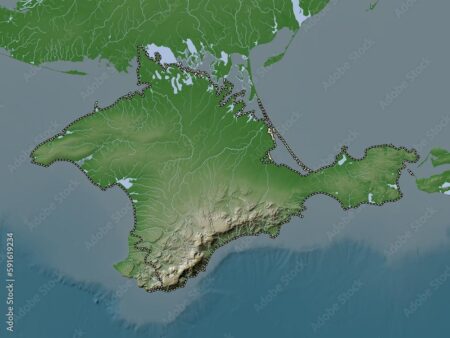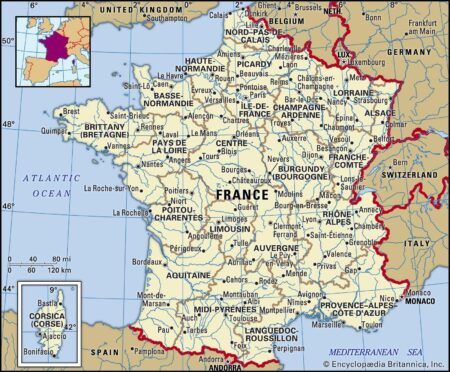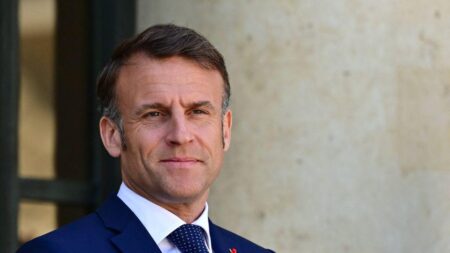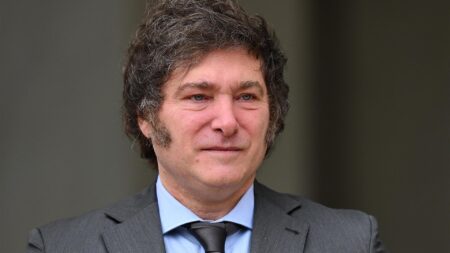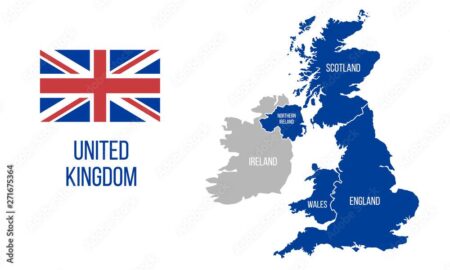The International Institute for Strategic Studies highlights the crucial role of the Chagos Islands in the United Kingdom’s defense strategy, emphasizing their strategic position as a central hub for military operations and maintaining regional security throughout the Indian Ocean
Browsing: Sovereignty
True-north sovereignty took center stage at Belleville’s Canada Day celebration, casting a vibrant spotlight on the strength and spirit of local Indigenous culture. The event passionately highlighted the community’s deep commitment to honoring Indigenous rights and celebrating their rich, enduring heritage
A recent Guardian report reveals a growing wave of Canadians harboring negative feelings toward the US, fueled by concerns over trade policies and fears about threats to national sovereignty. These mounting tensions are straining the bond between the two countries
The United Kingdom is set to embark on a bold new chapter by handing over control of several iconic islands, signaling a dramatic shift in its territorial governance. This pivotal decision, driven by changing geopolitical landscapes, sparks intriguing discussions about national integrity and the quest for local autonomy.
In an unexpected turn of events, Donald Trump’s policies and rhetoric have sparked a vibrant movement for independence in a Canadian province. This rising tide of sentiment not only highlights long-standing regional grievances but also fuels a passionate quest for autonomy, dramatically reshaping the political landscape across the nation.
Taiwan’s Foreign Minister has taken a bold stand against China’s fluctuating position on Taiwan’s sovereignty, highlighting how this ongoing ambiguity reveals Beijing’s own uncertainty about the island’s identity as a nation. This tension not only fuels debates but also significantly influences the dynamics of the entire region
As economic frustrations mount, Alberta’s desire for independence is gaining momentum, sparking lively conversations about the prospect of secession from Canada. Analysts are buzzing with speculation about the potential of aligning with the U.S., reigniting passionate debates on provincial autonomy and self-determination.
In a bold and contentious decision, President Javier Milei has unveiled tough new measures to curb immigration, with the goal of igniting national pride and revitalizing the economy. His administration contends that reducing the flow of foreign arrivals is crucial for Argentina’s comeback.
Ukrainians are approaching the current pause in hostilities with Russia with a healthy dose of skepticism, viewing it more as a strategic ploy than a real chance for peace. As one voice among many puts it, “Why would we play Putin’s game?” This sentiment underscores the importance of staying alert in these uncertain times, where fragile outcomes can shift at any moment.
Amid escalating regional tensions, Nikkei Asia emphasizes that Japan must take a fresh look at its security dependence on Washington. With the geopolitical landscape evolving rapidly, Japan is confronted with an urgent call to develop a more independent defense strategy to protect its national interests.
In a dramatic turn of events, Russia asserts that it has completely regained control over the Kursk region amidst the ongoing conflict. However, Ukrainian forces are pushing back, insisting that they remain actively involved in fierce battles on the ground. The atmosphere is charged with tension as both sides share conflicting reports about the unfolding situation.
Crimea has become a focal point in the ongoing dialogue surrounding the resolution of Russia’s war in Ukraine. Its strategic position, rich history, and abundant resources render it an invaluable asset, shaping not only diplomatic negotiations but also military tactics on both sides.
In a powerful declaration, France reaffirmed that Europe will steadfastly demand the respect of Ukraine’s territorial integrity in all future peace negotiations. This commitment highlights the continent’s united front against aggression and unwavering support for Ukrainian sovereignty.
In an ongoing saga, France and Madagascar find themselves entangled in intense negotiations over the sovereignty of a group of remote islands. This conflict not only highlights deep-rooted historical tensions but also adds layers of complexity to their diplomatic relations, as both nations strive to assert their territorial claims with determination.
French President Emmanuel Macron announced that France may recognize a Palestinian state by June, signaling a potential shift in diplomatic relations. This move aims to revive the stalled peace process and support Palestinian statehood in the ongoing conflict.
French President Emmanuel Macron announced that France may formally recognize a Palestinian state as early as June. This potential recognition aims to reaffirm France’s commitment to a two-state solution amid ongoing tensions in the region.
In a recent statement, Argentine presidential candidate Javier Milei asserted that Falkland Islanders would ultimately “prefer being Argentine.” His comments reignite the longstanding sovereignty dispute over the disputed islands, stirring fresh debate in the region.
In a recent statement, Javier Milei emphasized that Argentina’s sovereignty claim over the Malvinas Islands is integral to positioning the nation as a regional power. He argued that reclaiming the islands is essential for national pride and economic strength.
During the recent General Assembly of the United Nations, the United Kingdom of Great Britain and Northern Ireland emphasized its commitment to global cooperation and tackling pressing issues such as climate change, security, and human rights.
An updated map of Ukraine highlights territories that Russia is reportedly demanding in ongoing negotiations. As the conflict continues, these regions represent strategic interests for both nations, complicating efforts for a lasting resolution.


